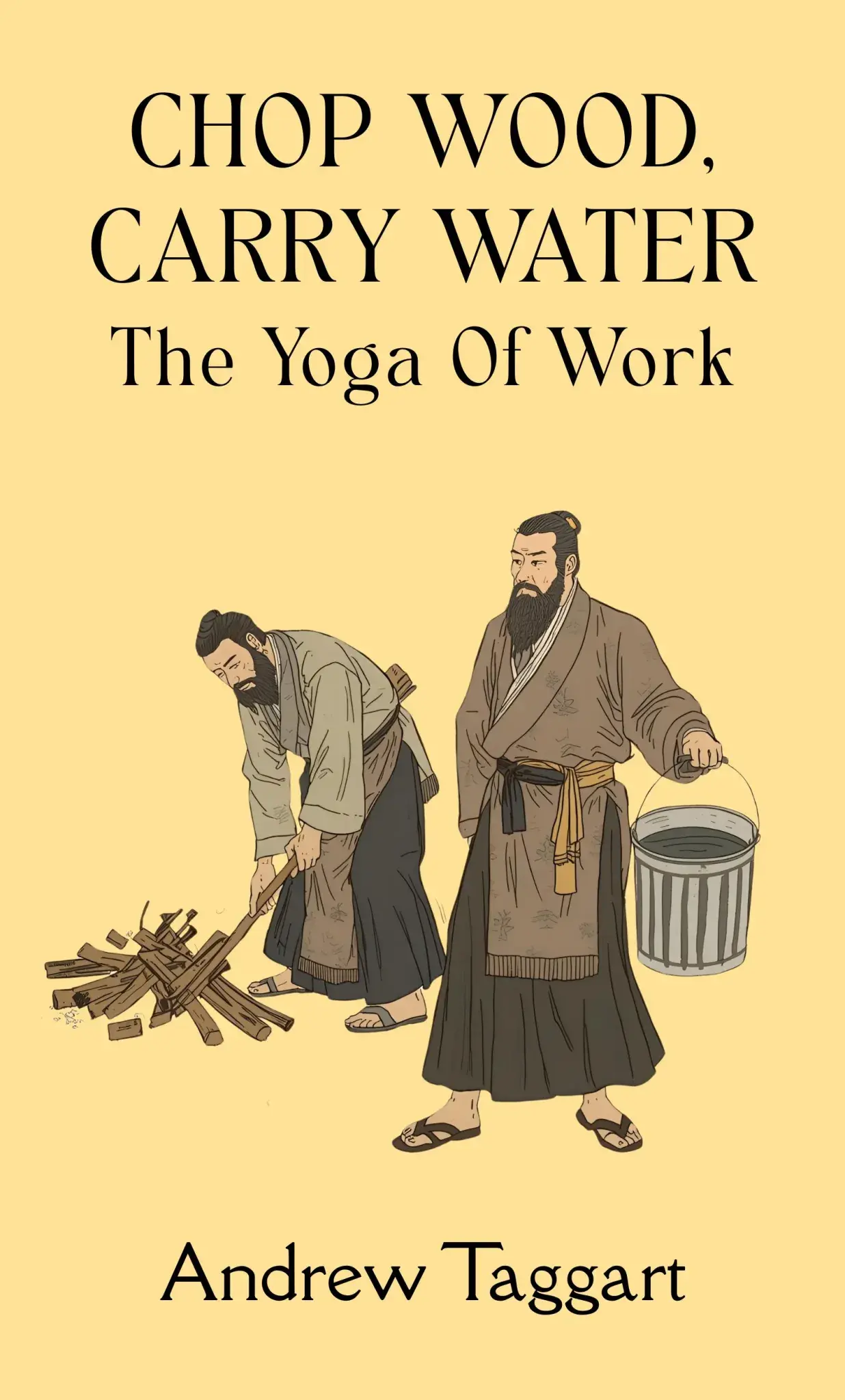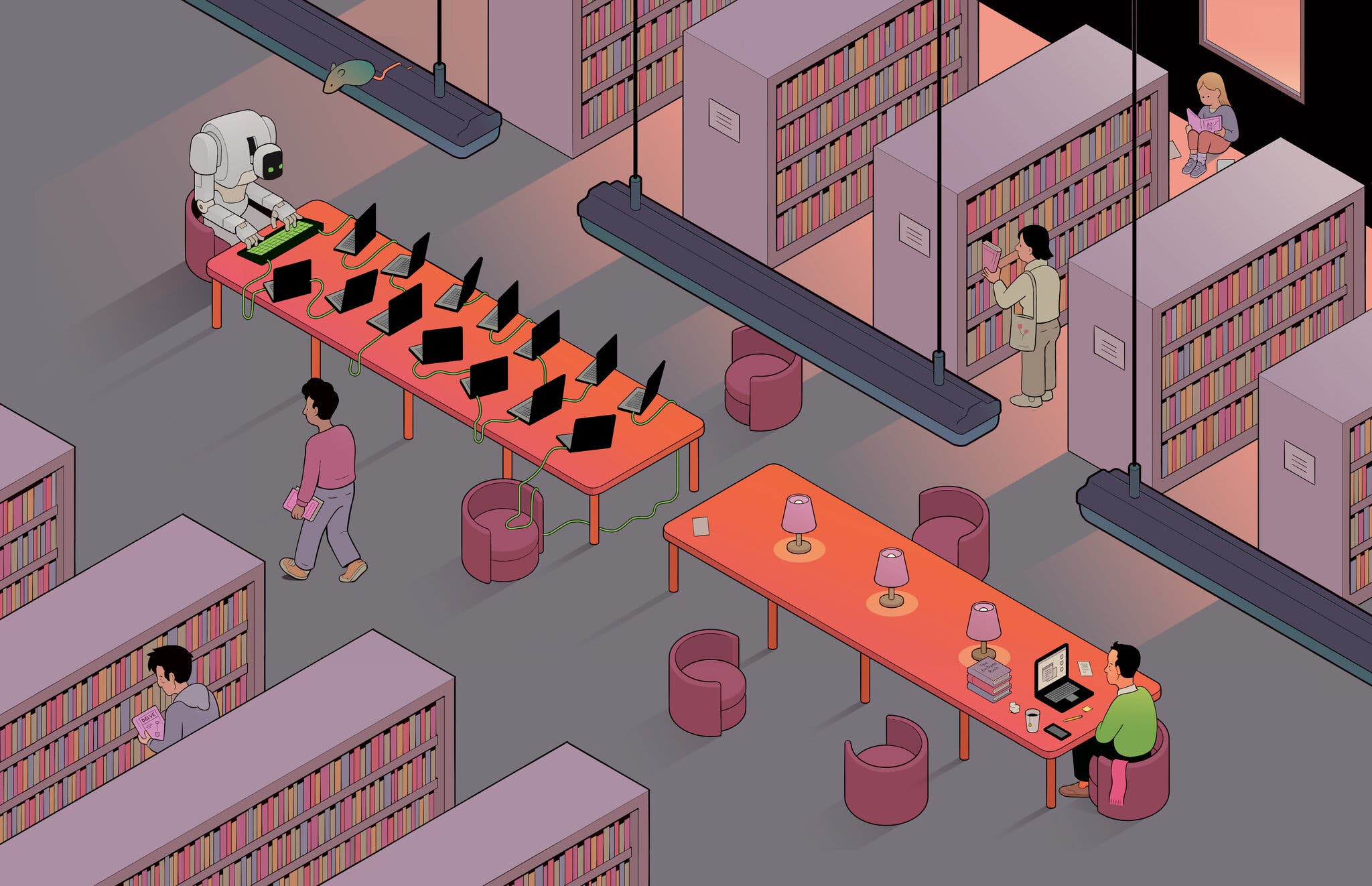We make our own luck - #456
They say that "you make your own luck." But the people who say that typically are showing you their winning lottery ticket or just after their story about how they hit it off with a guy in the elevator who ended up being the interviewer for their first job. Or maybe those are the sour grapes from beginning my career during the financial crisis. While luck has something to do with it, there's wisdom in preparing for a big break or, to put it in nerdy terms, in increasing the surface area for your luck. When it comes to career, a successful friend of mine gave me this formula: doing good work, networking, and Fortuna.








